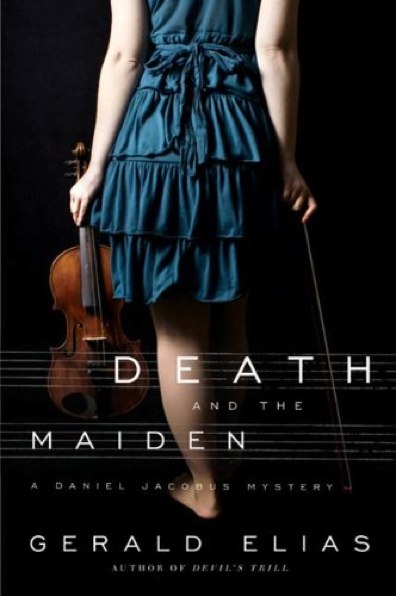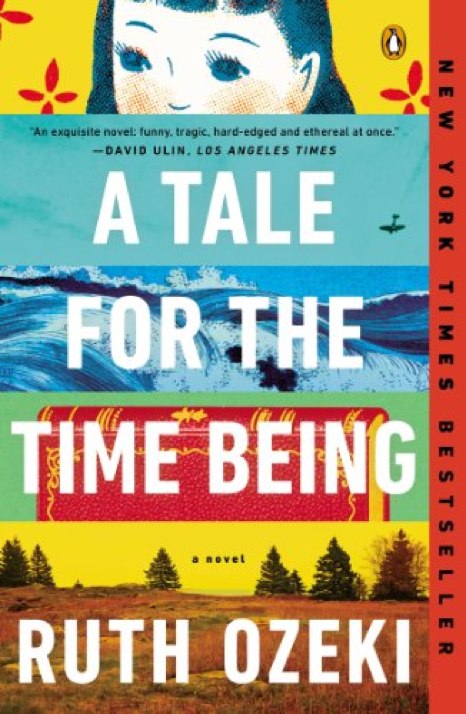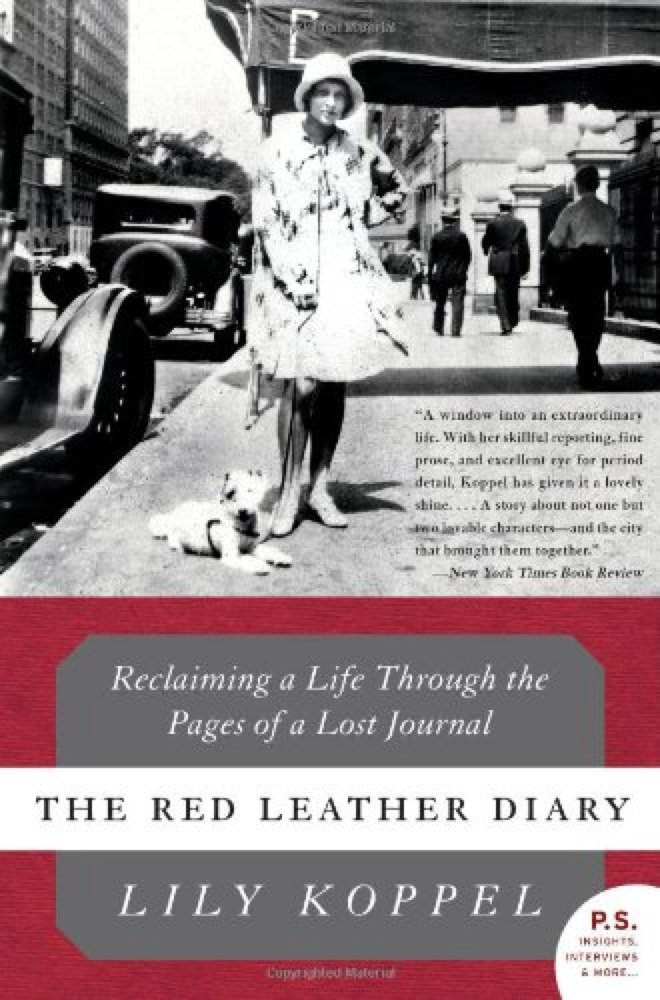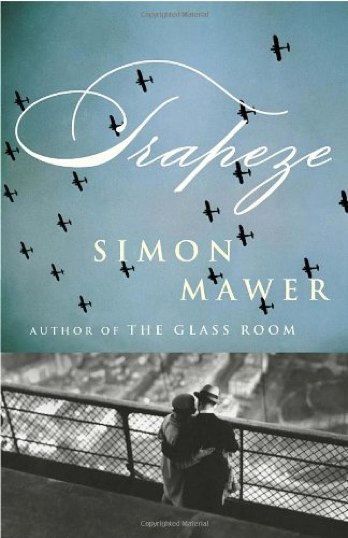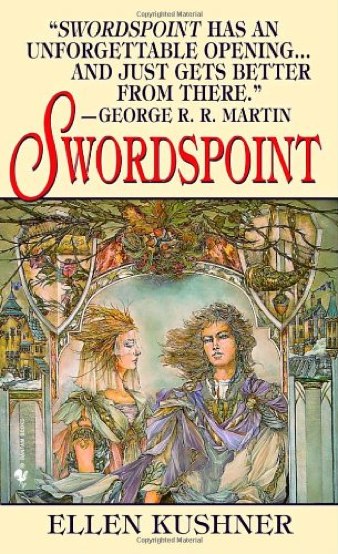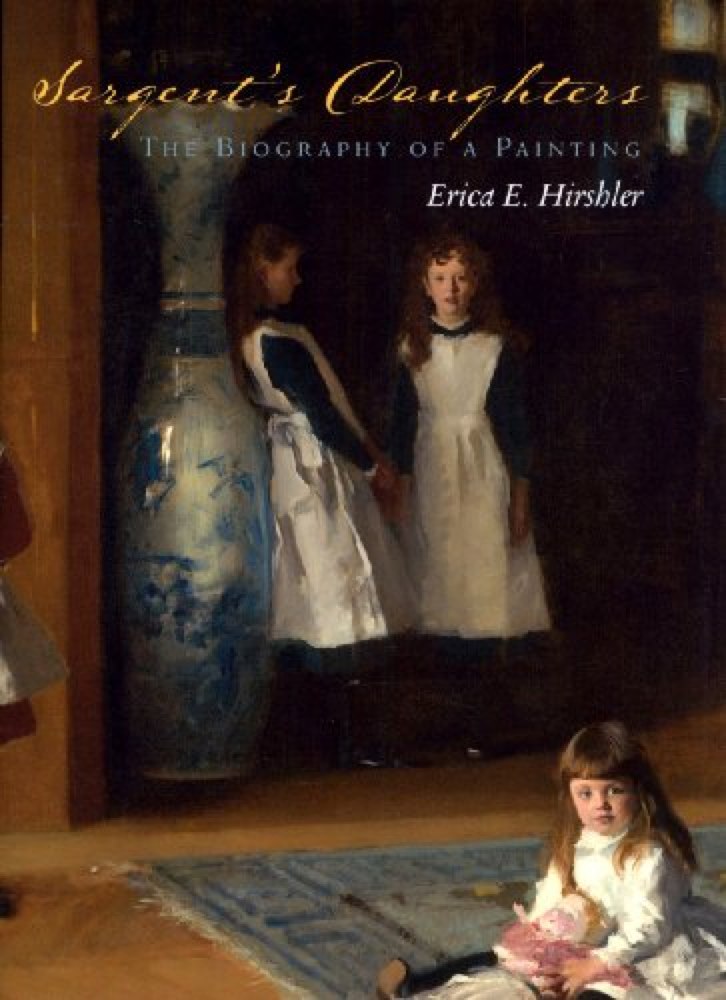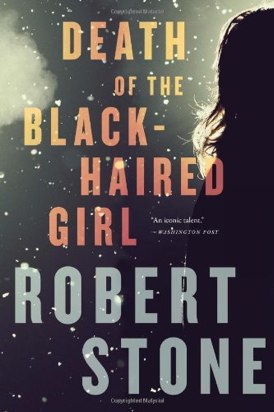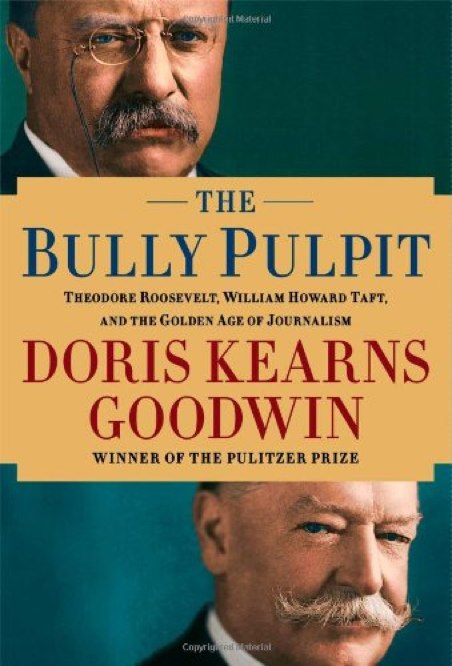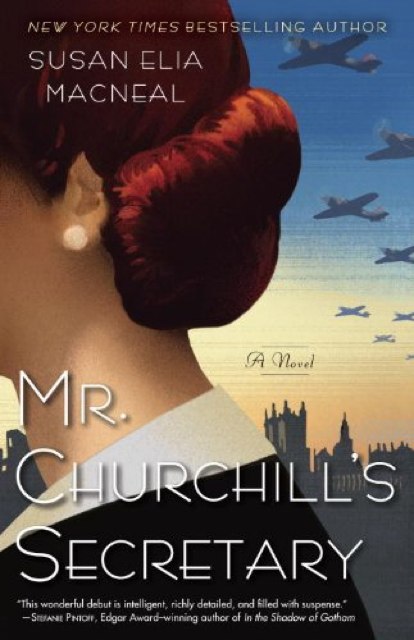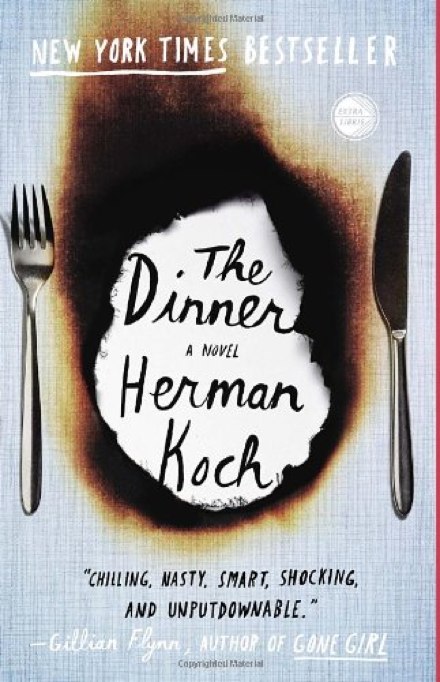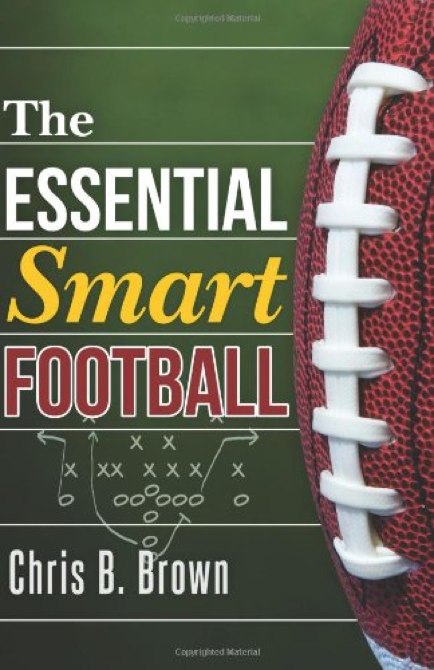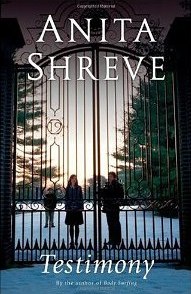This book is the heir to the old Bill James Baseball Abstract. I used to rush out and devour Baseball Abstract as soon as it arrived. Today, we have far more knowledge and far better tools, and where Baseball Abstract was always tinged by the derision of the baseball world, many modern Sabremetricians are honored (and employed) throughout the major leagues.
But it’s a lot less interesting and a lot less fun.
Why? First, I think I watch less baseball now. I miss it, sometimes, but there’s never time and you can always tell yourself you’ll catch a game tomorrow. I used to go to Fenway or Wrigley six or eight times a year, usually on the spur of the moment; now, it’s just too expensive.
But when Bill James wrote about Rickey Henderson’s place in history, he was writing first about history and only incidentally about Henderson. Today’s Baseball Prospectus comments are focused entirely on the player and his immediate prospects, mostly with an eye to fantasy drafts. I understand: I buy the book for my own fantasy draft. I’ve been part of the Eddie Plank League since 1993. But I’d much rather read about the game than whether this scrub might help my team a bit.
Anyway, I just fouled up my whole season by writing a “10” next to the name of Anibal Sanchez. Or, rather, I intended to write a “10” but actually wrote a “0”. So welcome my new ace starter for his third stint with the Mallards (sigh), Anibal Sanchez. Nobody knows the trouble I’ve seen.
James used to write about topics that were fascinating even if they didn’t help with your Rotisseries league. What would Mike Schmidt hit if he always batted against the Cubs? Is taking the Cubs to win the series at 100-1 a reasonable proposition? Was it going to harm the characters of promising rookies Mark McGwire and Jose Canseco to be stuck on the hapless A’s? (That was an interesting question, before we knew the answer.)
March 22, 2014 (permalink)

